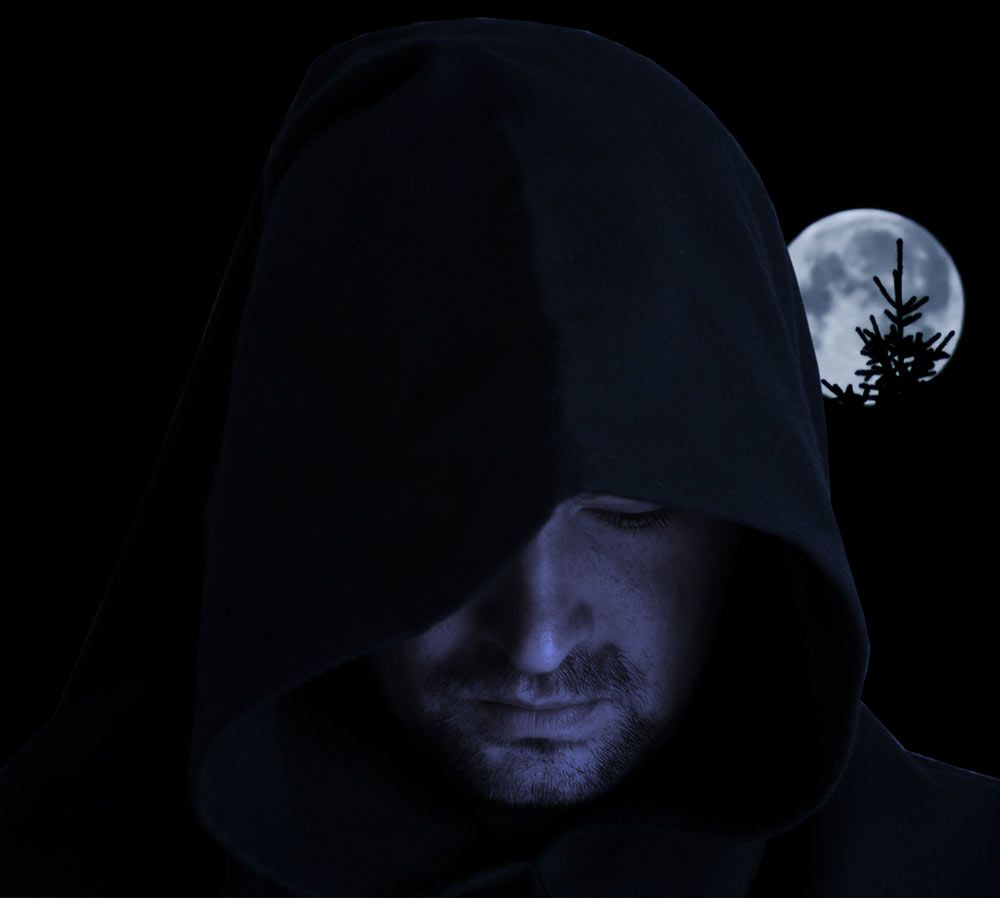Sleepwalking Dangers: Man Falls Off 60-Foot Cliff

A man's undiagnosed sleepwalking nearly turned life-threatening when he sleepwalked off a 60-foot cliff while camping.
Twenty-seven-year-old Ryan Campbell was camping in Kentucky with friends when he fell asleep in a hammock, according to ABC News. But in the early morning, his friends saw him get up and sleepwalk off a cliff. Fortunately, a rhododendron bush broke his fall, and the man had no life-threatening injuries, ABC News reported.
Although Campbell did not know that he was a sleepwalker, "most sleepwalkers know that they sleepwalk," said Dr. Sheila Tsai, of the Division of Pulmonary, Critical Care and Sleep Medicine at National Jewish Health hospital in Denver. [Top 10 Spooky Sleep Disorders]
That's because family members or friends often tell sleepwalkers that they have the condition, or sleepwalkers sometimes discover clues around their house, such as leftover candy wrappers if they eat in the night, Tsai said.
Sleepwalking is more common in children than in adults, and only about 4 percent of people who sleepwalk in childhood will continue to sleepwalk into adulthood, Tsai said. A 2012 study found that about 3.6 percent of U.S. adults said they had sleepwalked in the last year.
Certain things may trigger sleepwalking episodes, including stress, sleep deprivation, drug or alcohol use, and use of certain medications, such as antidepressants, Tsai said. Sleeping in a new and unfamiliar environment can also trigger sleepwalking, which would seem to fit with the man's case, Tsai said.
So, should Campbell avoid camping from now on? Not necessarily, Tsai said. "The important thing is to emphasize safety," Tsai said. "They need to make sure that their surroundings are safe."
Sign up for the Live Science daily newsletter now
Get the world’s most fascinating discoveries delivered straight to your inbox.
This includes making sure other people know about the sleepwalking, and locking away things that could be dangerous to a sleepwalker, such as guns, hunting equipment or car keys (if a person drives while sleepwalking), Tsai said.
Campbell said he will keep camping, but will be more cautious. "I don't care how rare it is that I sleepwalk; I'm not sleeping by cliffs anymore," he told ABC News.
If sleepwalking is due to an underlying factor — such as sleep deprivation, medication or another sleep disorder — the sleepwalking may become less frequent or stop if this underlying factor is treated, Tsai said.
Follow Rachael Rettner @RachaelRettner. Follow Live Science @livescience, Facebook & Google+. Original article on Live Science.

Rachael is a Live Science contributor, and was a former channel editor and senior writer for Live Science between 2010 and 2022. She has a master's degree in journalism from New York University's Science, Health and Environmental Reporting Program. She also holds a B.S. in molecular biology and an M.S. in biology from the University of California, San Diego. Her work has appeared in Scienceline, The Washington Post and Scientific American.











